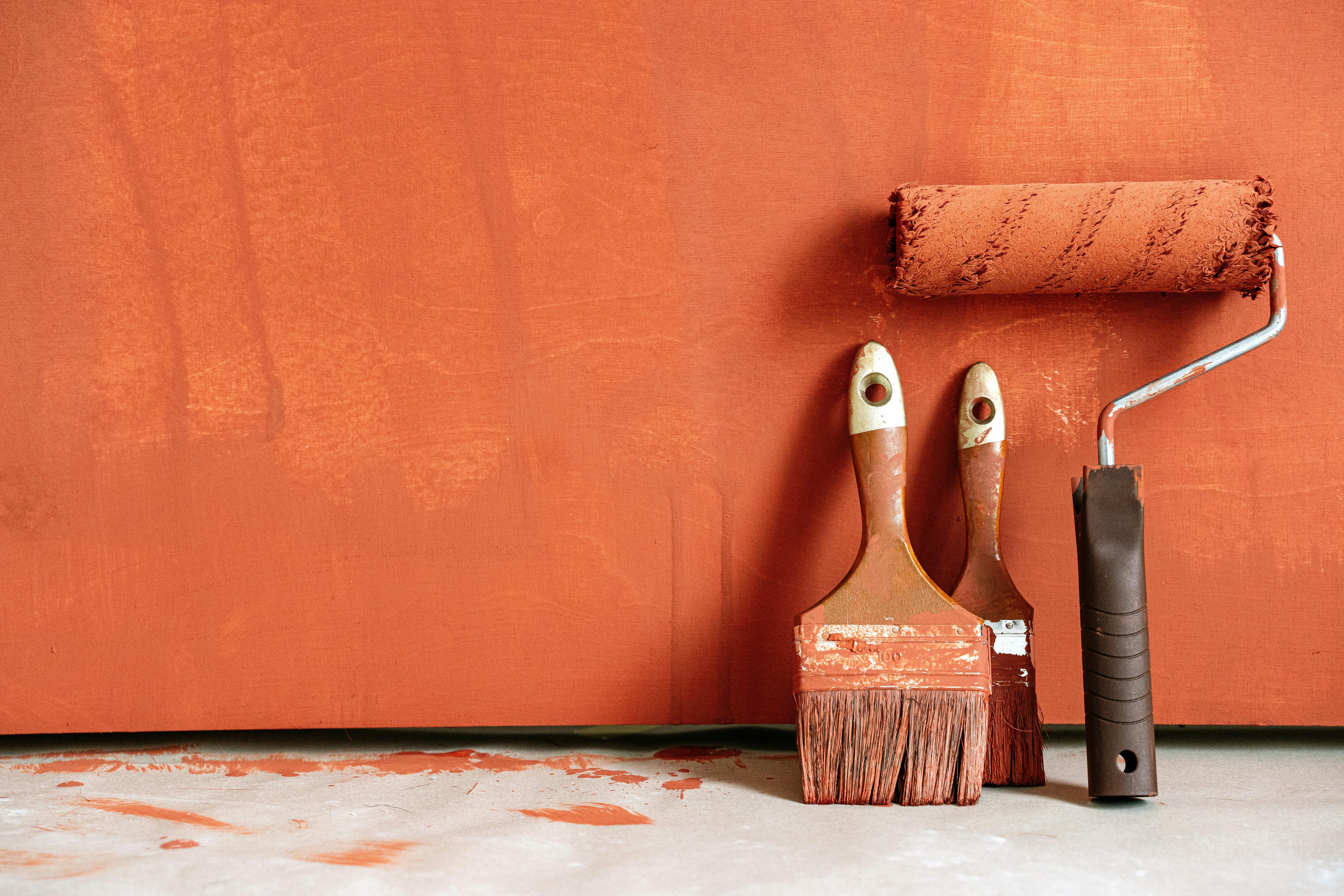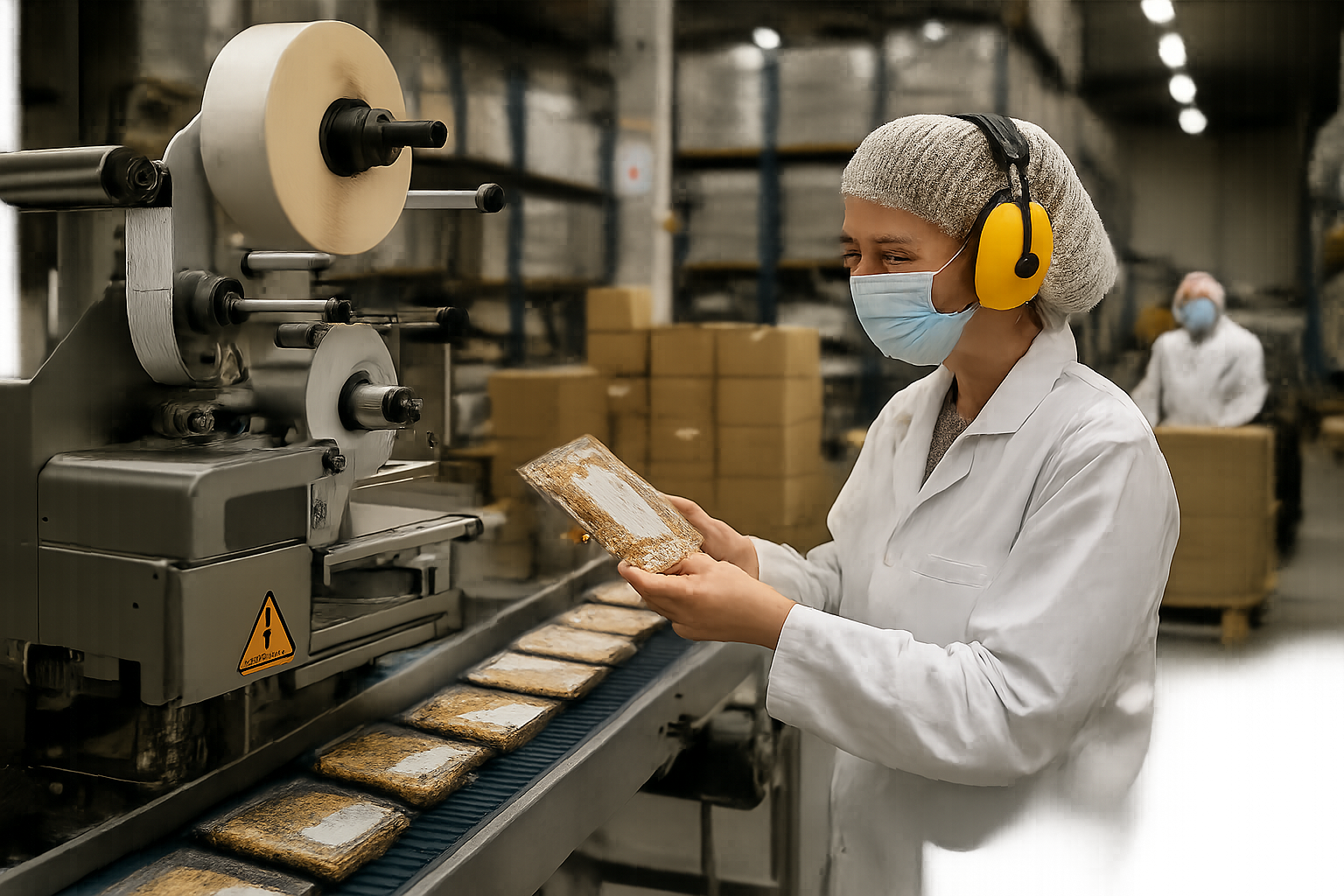Choosing the Right Floor Paint for Durable and Safe Surfaces
Floor paint is available in multiple formulations, each designed to meet specific requirements based on surface type and usage conditions. Among these, waterborne epoxy floor paint stands out for its low emissions and strong adhesion, making it suitable for both commercial and residential applications. As a water-based coating, it emits minimal odor and is safer for indoor use.

What Makes Waterborne Epoxy Floor Paint Superior?
Waterborne epoxy floor paint has gained popularity among homeowners and commercial property managers due to its exceptional performance characteristics and user-friendly application process. This water-based coating combines the durability of traditional epoxy with reduced volatile organic compounds (VOCs), making it safer for indoor use. The low-odor formula allows for application in enclosed spaces without overwhelming fumes, while still delivering the strong adhesion and chemical resistance that epoxy coatings are known for.
Unlike solvent-based alternatives, waterborne epoxy maintains excellent flow and leveling properties while curing to a hard, glossy finish. The water-based carrier system also means easier cleanup during application and faster return to service, typically allowing foot traffic within 24 hours and full cure within 72 hours under normal conditions.
How Does Wear-Resistant Floor Paint Handle Heavy Use?
Wear-resistant floor paint formulations are specifically engineered to withstand the mechanical stresses common in garage environments. These coatings incorporate advanced polymer technologies and wear-resistant additives that help maintain surface integrity under vehicle traffic, dropped tools, and dragged equipment. The key to their performance lies in the molecular structure that creates a flexible yet tough surface capable of absorbing impact without cracking or chipping.
Quality wear-resistant formulations often include ceramic or mineral fillers that enhance abrasion resistance while maintaining the coating’s aesthetic appeal. These additives create a surface that can handle hot tire pickup, which occurs when heated tires from recently driven vehicles can soften and lift poorly formulated floor coatings.
Which Floor Paint Types Work Best for Different Garage Uses?
The choice of floor paint depends largely on how you use your garage space. For basic protection in garages used primarily for vehicle storage, a high-quality acrylic floor paint may suffice. However, garages that double as workshops, recreational spaces, or storage areas for chemicals and automotive fluids benefit from more robust coatings.
Epoxy-based systems excel in high-traffic environments and provide superior chemical resistance. Polyurethane topcoats offer excellent UV stability for garages with significant natural light exposure. Hybrid systems that combine multiple technologies can provide balanced performance across various conditions, making them ideal for multipurpose garage spaces.
What Application Factors Affect Long-Term Performance?
Proper surface preparation remains the most critical factor in achieving long-lasting results with any floor paint system. Concrete surfaces must be clean, dry, and properly profiled to ensure adequate adhesion. This typically involves degreasing, etching or grinding to remove surface contaminants and create the proper surface texture for coating adhesion.
Environmental conditions during application significantly impact final performance. Temperature and humidity levels must fall within manufacturer specifications, and adequate ventilation helps ensure proper curing. Rushing the application process or skipping preparation steps often leads to premature coating failure, regardless of the product quality.
What Unique Benefits Do Modern Garage Floor Coatings Offer?
In the United States, garage floor coating technology has advanced significantly over the past decade, with manufacturers developing specialized formulations for regional climate conditions. Southern formulations often include enhanced UV stabilizers and heat resistance, while northern products focus on freeze-thaw stability and salt resistance from winter road treatments.
Many modern coatings now incorporate antimicrobial additives that help prevent mold and mildew growth in humid climates. Slip-resistant textures can be built into the coating or added through broadcast aggregates, providing safer surfaces when wet. Some premium systems even include reflective properties that can improve garage lighting efficiency by up to 30%.
How Do Costs Compare Across Different Floor Paint Options?
Understanding the investment required for quality garage floor coatings helps homeowners make informed decisions based on their budget and performance expectations. Entry-level acrylic floor paints typically range from $30-50 per gallon, covering approximately 300-400 square feet. Mid-range epoxy kits designed for DIY application generally cost $100-200 for a two-car garage, while premium waterborne epoxy systems can range from $3-6 per square foot when professionally applied.
| Coating Type | Coverage per Gallon | Material Cost Range | Professional Installation |
|---|---|---|---|
| Acrylic Floor Paint | 300-400 sq ft | $30-50 | $2-4 per sq ft |
| DIY Epoxy Kit | 400-500 sq ft | $100-200 | N/A |
| Waterborne Epoxy | 200-300 sq ft | $60-120 | $3-6 per sq ft |
| Polyurethane Topcoat | 350-450 sq ft | $80-150 | $4-8 per sq ft |
Prices, rates, or cost estimates mentioned in this article are based on the latest available information but may change over time. Independent research is advised before making financial decisions.
Conclusion
Selecting the right floor paint for your garage involves balancing durability requirements, safety considerations, and budget constraints. Waterborne epoxy floor paint offers an excellent compromise between performance and user-friendliness, while wear-resistant formulations provide the toughness needed for demanding applications. Proper preparation and application remain crucial for achieving optimal results, regardless of the coating system chosen. By understanding these factors and investing in quality materials, homeowners can create durable, safe, and attractive garage floors that will serve them well for many years.




